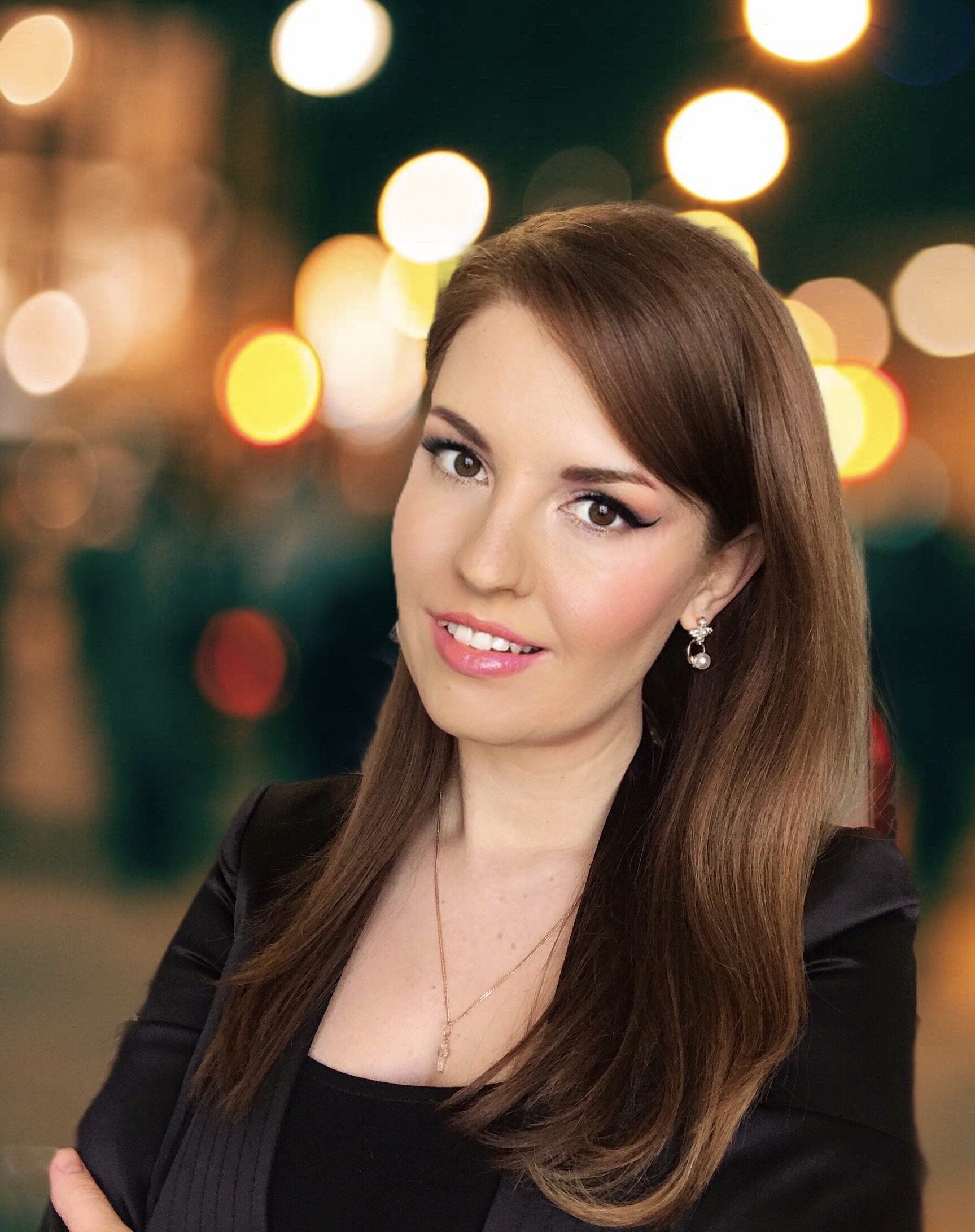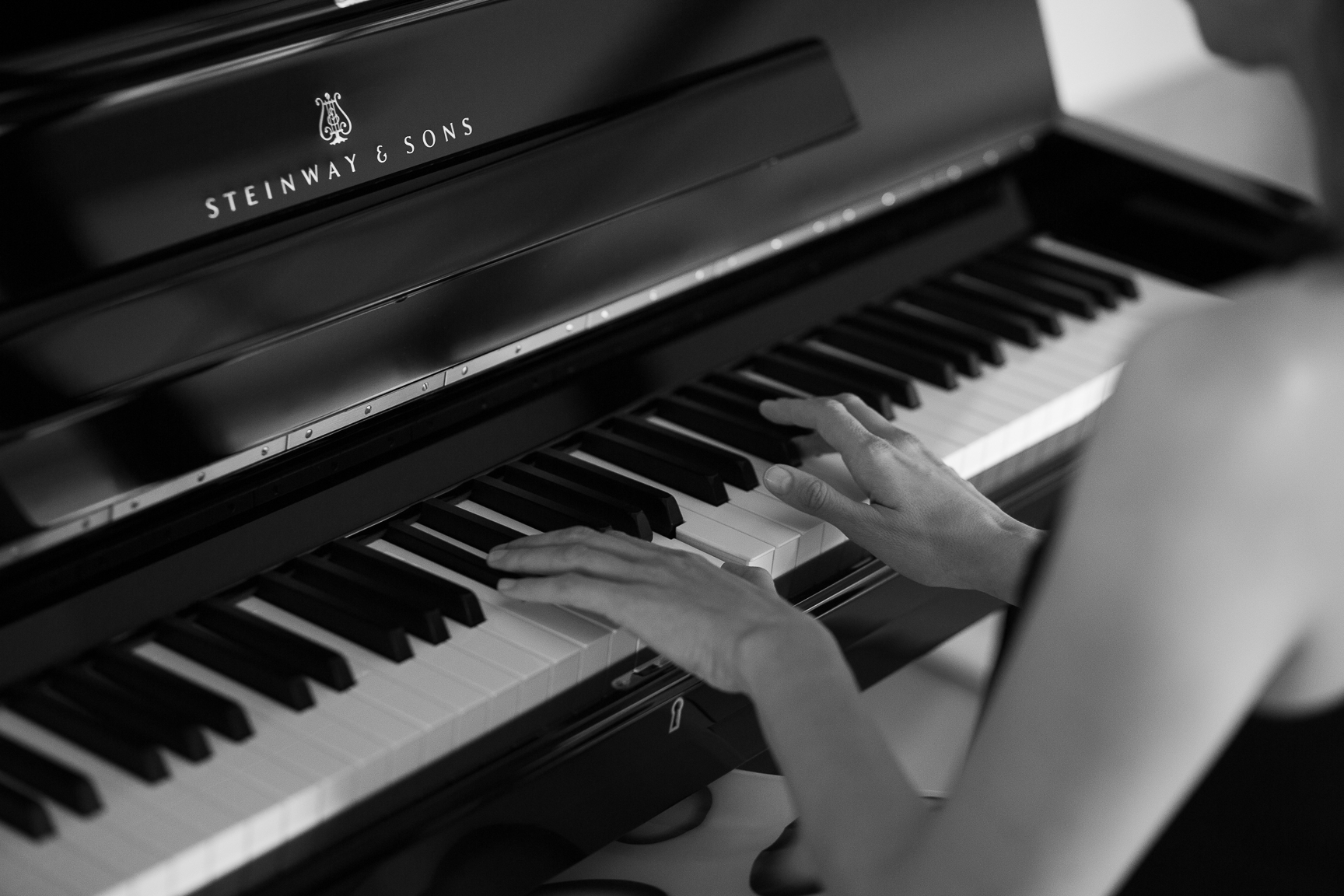About
Tetiana Afanasenko is a young composer from Kyiv, performer, teacher, author of 6 piano collections for teaching children of different levels, a three-part cycle and separate piano works for adults, several pop songs.
Tetiana was born in Dnipro city, where she graduated from a music school and a music college. Education was continued at the National Music Academy named after P.I. Tchaikovsky in Kyiv, where she not only received a master's degree, but also made a research on the topic "Timbrecoloring palette in the piano works of Olivier Messiaen" and have got the PhD. While studying she won a several competitions (3d Prize at "Regional competition of young performers", Grand Prix at “Art of XXth century”) and took part in piano and cembalo master-classes in Denmark and Poland. She also found an interest in jazz and pop music, playing in duet with her husband Eugene Afanasenko. An interesting combination of knowledge of the classical and jazz trends allows the author to create compositions in various styles, and sometimes even combine them in one cycle, although Tetiana have never learned composition professionally. The author’s spotlight is the creation of original educational material for teaching, as well as various arrangements for piano ensembles. But the last piano cycle “Three Haiku” shows a perspective of creation modern music for big classical stage.

